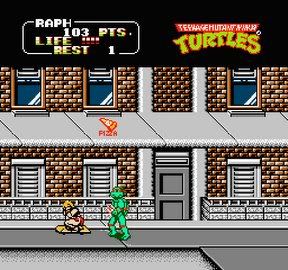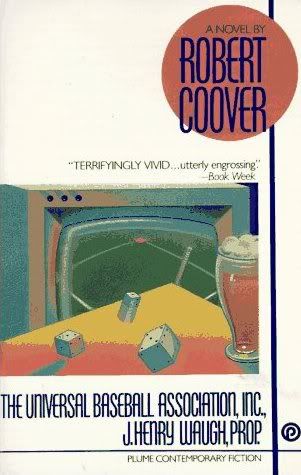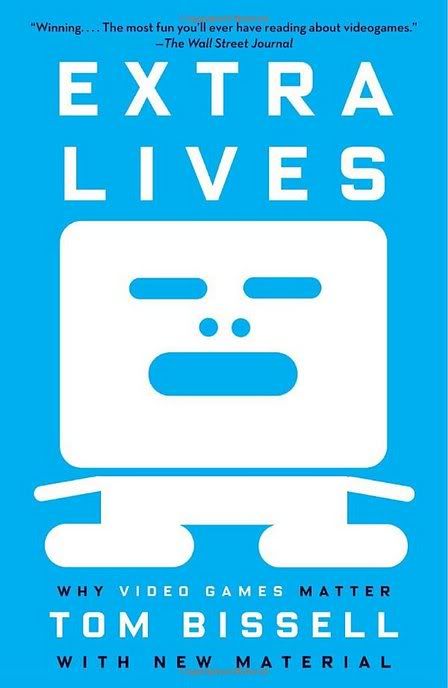This post has not been edited by the GamesBeat staff. Opinions by GamesBeat community writers do not necessarily reflect those of the staff.
Henry Waugh created an awesome pen-and-paper baseball dice game. He was the proprietor of a baseball league and played through every game in a standard season on his kitchen table, rolling dice for strikes, doubles, stolen bases, and more.
His detailed rule set even accounted for extraordinary occurrences, such as when three dice hit ones or sixes three times in a row. Anything could happen then: The pitcher could bean and kill the batter, the batter could bean the pitcher, or the crowd could riot and delay the game, possibly injuring or killing even more players.
And if players gained enough experience and had a little luck, they could move up to Ace or even Star level and juice their dice rolls. But it wasn't too luck-driven — Henry was a brilliant statistician, and he'd made all the necessary calculations to ensure that each roll of the dice was as real as every play in an actual game. He was completely obsessed.
Now here's the bad news. Henry Waugh was a fictional character from experimental writer Robert Coover's second novel The Universal Baseball Association, Inc., J. Henry Waugh, Prop. The game only existed in the piecemeal descriptions given by the author.
Still, Coover came up with the idea in 1968. Let me break down how incredible that is — Coover concepted a sports-management game at a time when complex games relying on statistical analysis, digital or analog, were unheard of. And he did it three years before the text-based Star Trek game, six years before Dungeons & Dragons, and fifteen years before Intellivision World Series Baseball. But even more importantly, in his own way, Coover wrote the first (and perhaps only) novel about what it is to be gamer.
Last year, Tom Bissell's gaming memoir Extra Lives came out, lauding not only his gaming experiences but some that belong to all of us who play. Granted, his cocaine/Grand Theft Auto addiction and tours of/interviews with high-powered developer studios might be a little removed from the average gamer's experience. But Coover's novel (aside from the completely surreal ending, which I won't spoil here) speaks to the more common quirks of the hardcore gamer — the playing-till-dawn, edge-of-your-seat-office-clock-watching, sleepless-night-next-move-planning, and meal-skipping. There's even a great scene about the completely nerve-racking but entirely self-inflicted task of trying to teach someone else how to play a game when they aren't really invested in it.
I'm a gamer since childhood with parents who've long ago given up the hope that I'd "grow up," and Coover's novel struck quite a few chords with me. I related not only to Waugh's obsession but also the emotions of his wins and losses, the impatience for the next game, and most of all, the feeling that others would not understand his passion.
As I mentioned earlier, games like Waugh's simply didn't exist in 1968, real or fictional. Sure, wargaming has been around for centuries and even garnered a large fan base in the late 1800s and early 1900s. H.G. Wells is renown for writing War of the Worlds — the tale of Martian invasion — but few know he also wrote Little Wars, a rule book for war games using toy soldiers. But these didn't satisfy Waugh, and his gaming community rejected his attempts at codifying more realistic rules to take into account the global economy, troop morale, and other variables that you don't find in classic Risk.

This is where I related most to Waugh. As a kid, I had lots of friends who played video games, but trying to explain the difficulty of finding the Red Ring in the Legend of Zelda's Death Mountain to my friends, who just liked attacking the skateboarding chick in TMNT II: The Arcade Game, always made me feel a little silly. While my pals enjoyed Clue or Monopoly Junior, I'd play Stratego or HeroQuest. Waugh reminds us that the rift between the "casual" and the "hardcore" gamer isn't new.
But while gamers these days don't have to worry about being ostracized for the hobby nearly as much as Waugh in the late '60s or even me in the early '90s, he's an easy character to relate to anyway.
I taught The UBA in my literature course this past spring, and I was surprised by how much my students (most of whom played video games as kids but are now "too grown up for that") could understand Waugh's connection to his fictional baseball players through their own bygone days of Pokemania. Discussing Waugh's paralyzing depression over the in-game and irreversible death of a player, one of my tough, student-athlete types compared it to when her little brother accidently saved over her game, deleting her team of six unstoppable Pocket Monsters — which was traumatic enough to turn her off from the game, her Game Boy Color, and gaming forever.
Therein lies the value of Coover's book, lost in the annals of sports literature despite Sports Illustrated placing it at the respectable position of 61 on their Top 100 Sports Books list. Yes, it is a book about baseball, but it's also a book about playing games, beating them, and being beaten by them. It's a book waiting to be rediscovered and find a new audience. And in this age of gaming, we are that audience.


